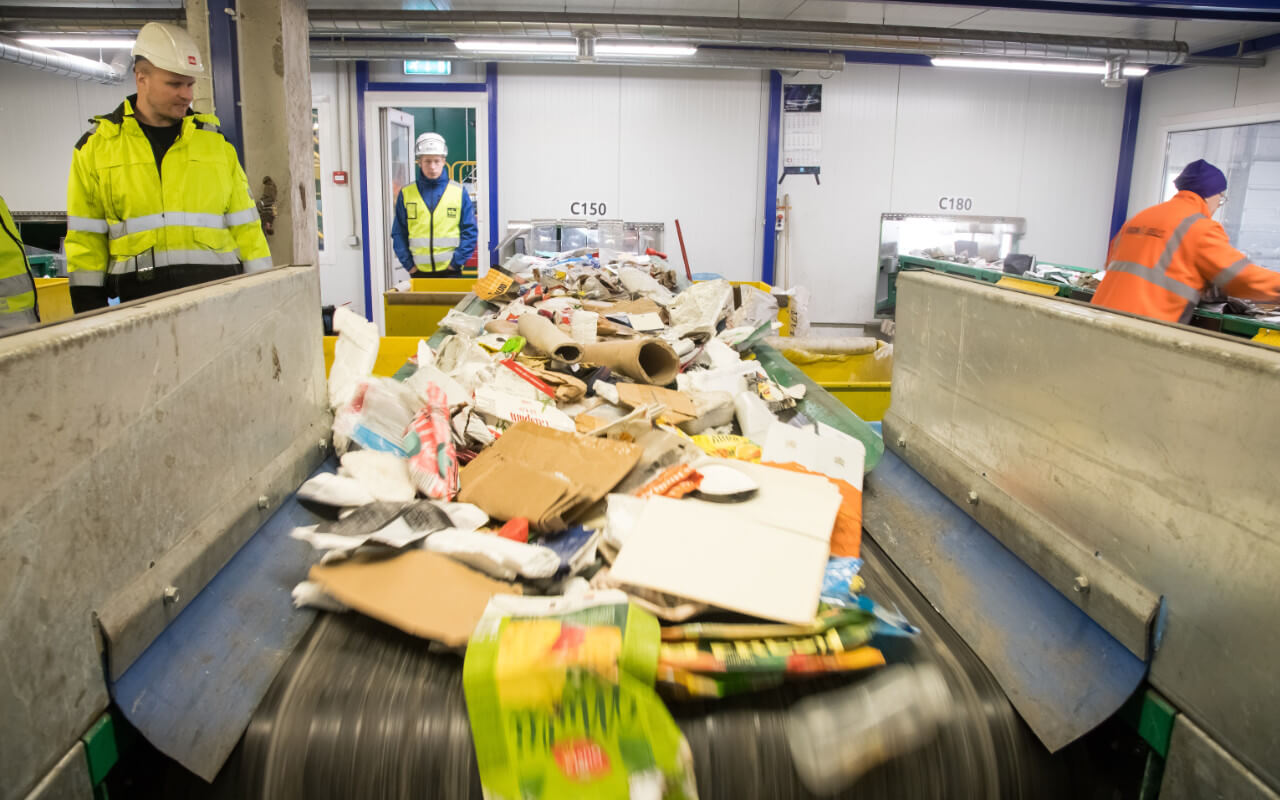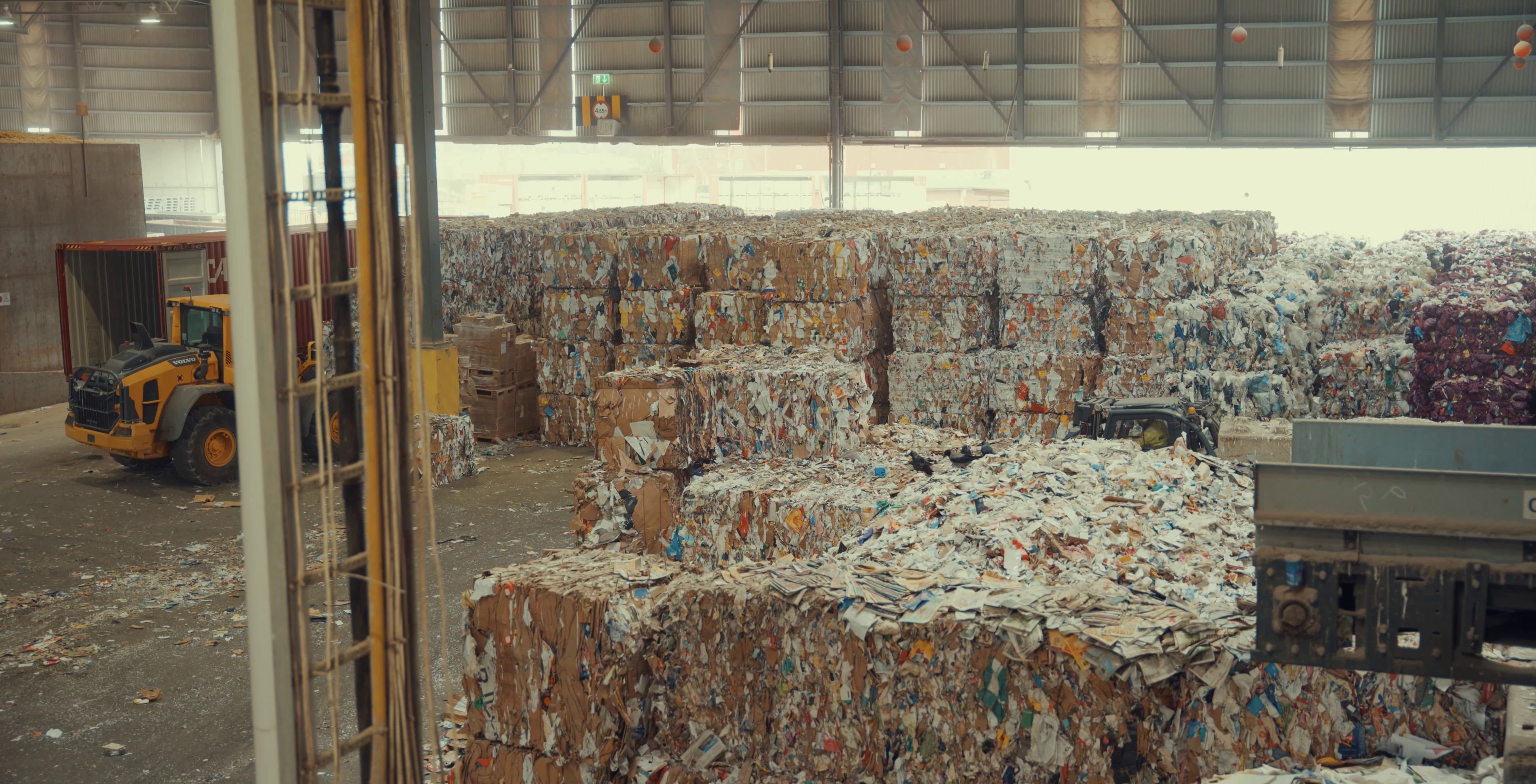Waste Management in Denmark: Challenges and Opportunities

Denmark is recognized for its advanced waste management practices and commitment to environmental sustainability.
With a comprehensive approach encompassing recycling, energy recovery, and public participation, Denmark aims to transition towards a circular economy.
This article explores the current state of waste management in Denmark, identifies key challenges, and highlights opportunities for continued improvement.
The current state and challenges of Waste Management in Denmark
Denmark operates a comprehensive waste management system built on waste prevention, recycling, and energy recovery.
Central to its approach is the transition to a circular economy, guided by the National Plan for Prevention and Management of Waste 2020–2032 and the Action Plan for Circular Economy (Handlingsplan for Cirkulær Økonomi).

Opportunities to improve waste management in Denmark
How Azortum can help Denmark improve Waste Management
Azortum offers solutions to help Denmark address its current waste management challenges and meet future circular economy goals:
- Sorting and recovery technologies: Advanced sorting systems are designed to improve recycling performance, especially for plastics, textiles, and electronic waste. Our solutions support Denmark's goal of shifting waste from incineration to material recovery.
- Retrofitting facilities: Upgrading and modernizing existing recycling plants to increase throughput and material recovery rates, while also ensuring compliance with Denmark's new waste separation and processing standards.
- Plastic recycling expertise: Tailored systems for handling complex plastic waste, especially packaging and mixed fractions. These solutions respond directly to Denmark's national targets for reducing plastic incineration and increasing recycling under the 2020 waste sector reform.
Azortum's modular and scalable technologies are tailored to local needs and integrate seamlessly with Denmark's policy-driven transition toward a more circular, resource-efficient economy.
Final thoughts
Denmark's waste management system is among the most developed in Europe, underpinned by national strategies that promote recycling, waste prevention, and the circular use of resources. However, significant challenges remain. While improving plastic recycling and hazardous waste oversight are some of the gaps that need to be addressed in local implementation, reducing reliance on incineration is the biggest challenge Denmark faces.
To meet its national and EU-aligned targets, Denmark must continue to invest in infrastructure, foster innovation, and strengthen policy enforcement. With tailored technologies and expertise in sorting, recovery, and facility modernization, Azortum is well-positioned to support Denmark's transition toward a more circular and sustainable waste future.
Cited sources
- Danish Ministry of Environment (MIM.dk). Handlingsplan for Cirkulær Økonomi (Action Plan for Circular Economy).
- Danish Development Research Network (DDRN). National Plan for Prevention and Management of Waste 2020–2032 – Summary of Initiatives.
- Eurostat (2024). Municipal Waste Statistics - Denmark.
- Miljøstyrelsen (Danish Environmental Protection Agency). Waste and Recycling Policy.
- Statistics Denmark (Danmarks Statistik). Material and Waste Accounts.
- State of Green. New Political Agreement to Ensure a Green Danish Waste Sector by 2030.
- Politico Europe. Denmark’s ‘Devilish’ Waste Dilemma: Incineration vs. Recycling.
- AP News. A Landslide of Contaminated Soil Threatens Environmental Disaster in Denmark.
- Wikipedia. Amager Bakke (CopenHill).
Expert Design & Installation for Your Waste Sorting System!
At Azortum, we specialize in crafting tailored solutions designed for sustainable operation and maximum profitability for your business. Contact us today to share the details of your next project—we’re eager to collaborate!
We have received your information and will be in touch with you shortly. Thanks!
